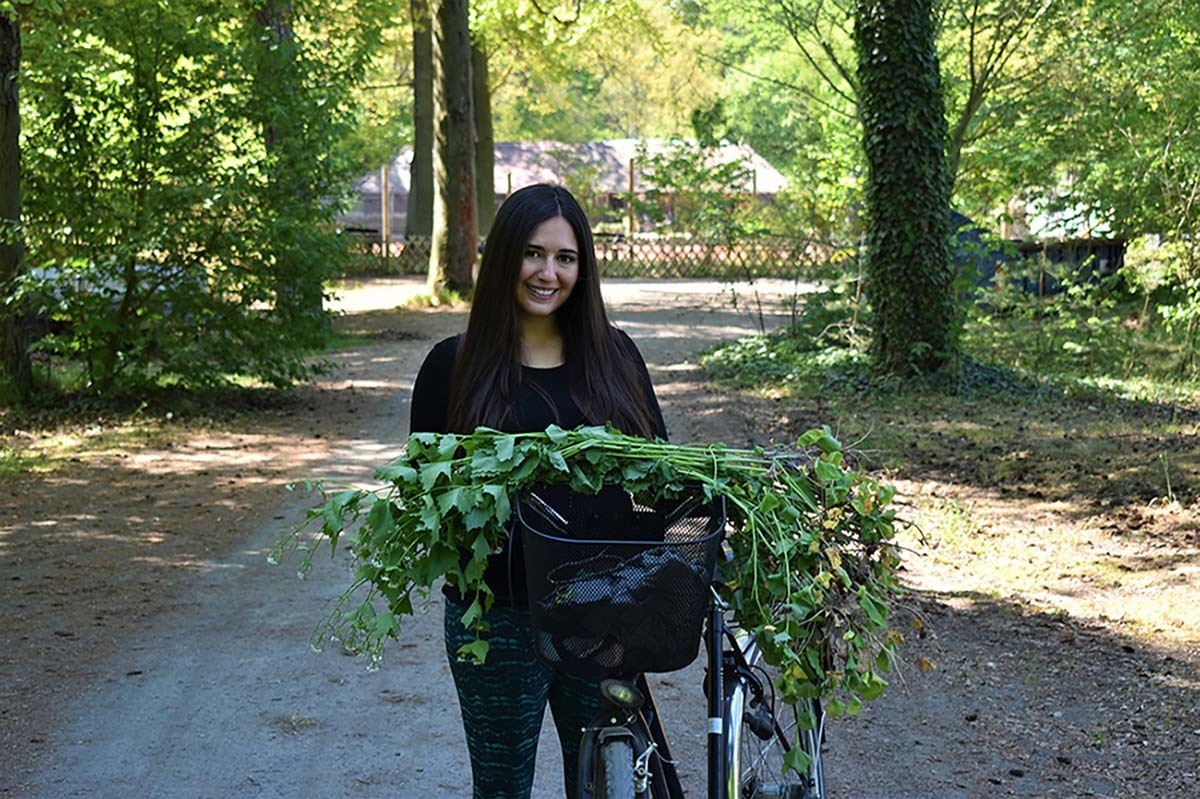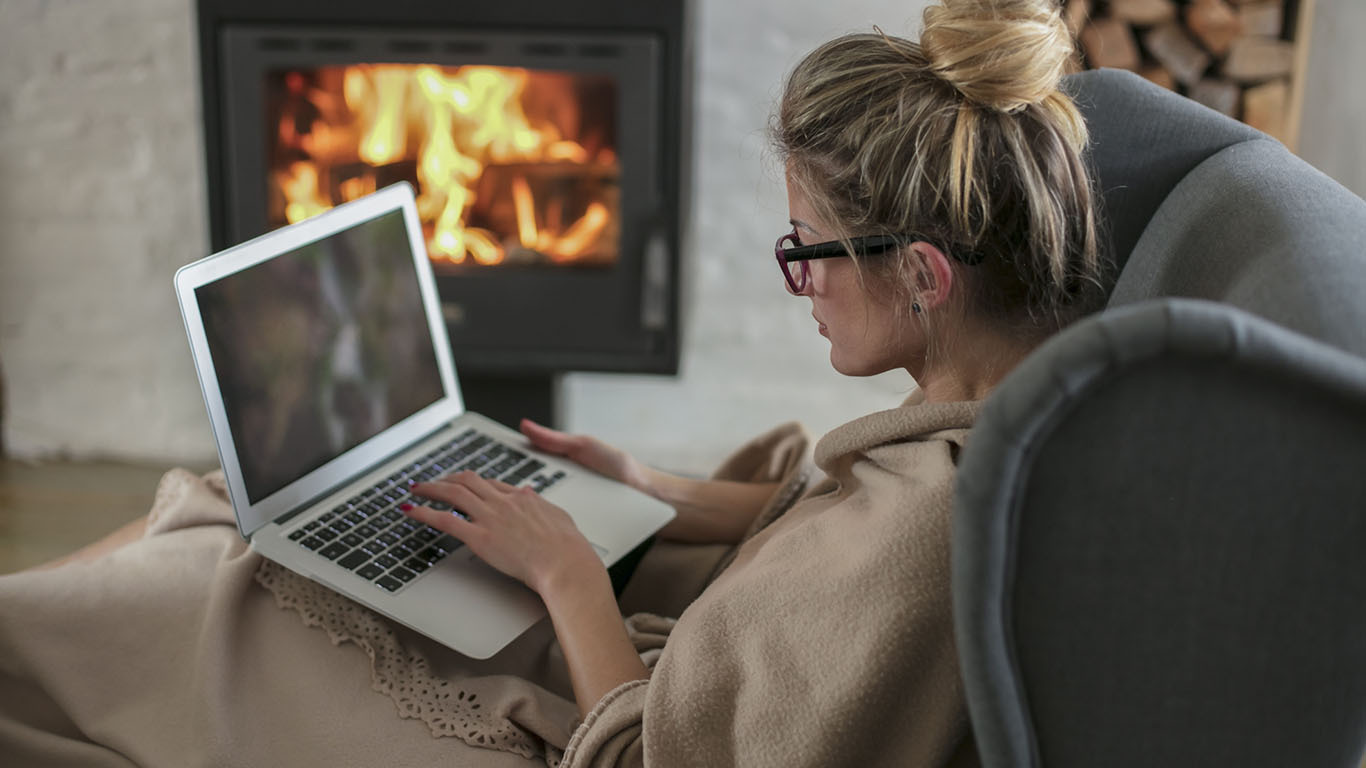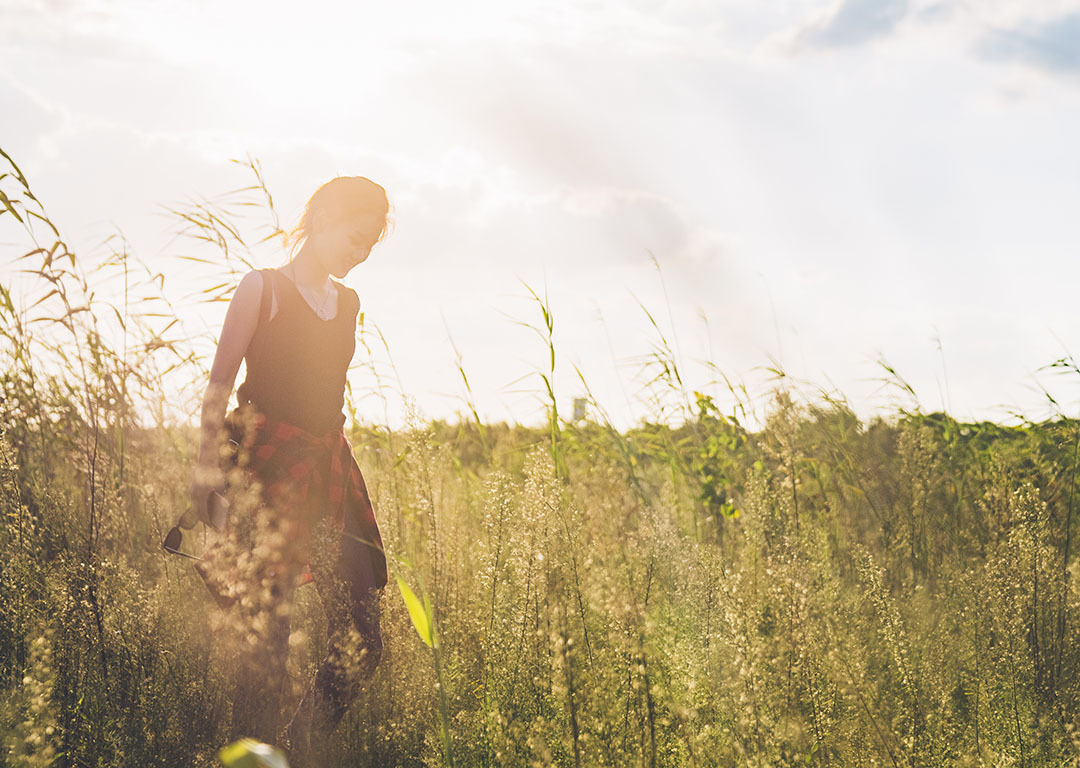
Foraging online? How does that work? Our Spa Spy signs up to find out, then heads out into the wilds of Suffolk...
In lockdown, I’ve passed the time with many an online workshop – sourdough baking, yoga, meditation, facials, writing therapy, wine tasting, book clubs etc.
Naturally, foraging – or, to use the Millennial term, wildcrafting ('foraging' is so boomer) – fits perfectly into my resumé.
But how the heck does one forage online? Do you go into the woods with your laptop? Of course not.
You sit on your bed with a glass of wine (it’s a 6pm class, darlings) while someone tells you how to do it. Then you totter off with your foraging basket and try to remember everything they told you - or at least hope there’s enough 4G in your remote woodland so you can check whether what you are about to pluck is wild garlic, or something that might kill you.

Conciouslyconnectedtravel.com have some tempting online workshops and what they call digital offerings for bored lockdown bohos like oneself - from one-to-one breathwork sessions to Exploring Divine Feminine Through Art and The Awakened Womb: Journey to Radical Self Love and Pleasure.
As their name suggests, they have philanthropy at their heart and a portion of your payments go to COVID related charities.
Foraging and Wildcrafting Spring Greens was a mere £24 (plus any donations and tips you wish to bestow), a 90-minute course run by Samantha Lee (main picture), Western Herbalist and founder of Let’s Get Natural.
Samantha is very enthusiastic and American. I only say that because I was worried that her chosen ‘erbs might not be available here in the UK. However, she assures me they will be – there are two UK classmates, two American – and Samantha lives in Germany anyway.
We begin with a tea meditation (I put down the wine, pick up the green tea), which as you would imagine involves smelling and sipping tea with your eyes closed. It’s calming and grounding.
Then Samantha gives us an introduction to wildcrafting. Her enthusiasm is infectious, her hair and skin a shiny advert for devouring wild ‘erbs. She describes how, at first, we see nature as a ‘Green Wall’, but once you learn ten wild plants, “it’s so empowering!”
The do’s and don’ts are vital. She gives us a checklist. To ensure your ‘erbs and plants are clean, they need to be at least 10m from a road and away from fields that have been crop-dusted. She recommends calling the farmers to check. (I briefly amuse myself by imagining speaking to my local landowners. “Hello Mr Farmer, I am an ‘erbalist and wish to wildcraft in your ditches. Have you recently sprayed your crops?”).
Most important in wildcrafting is identifying your plants correctly, as some are poisonous. But also - respect the environment: don’t take too much.
We then look at four plants in detail – chickweed, stinging nettles, wild garlic and violet - and take lots of notes. It’s amazing how much nutrients and goodies these common weeds contain. A stinging nettle, normally something I’d avoid like the plague, is a superfood, packed with vitamins and minerals and a natural antihistamine.
Samantha shows us videos of her foraging in her local woods, and we learn how to identify each plant and pluck or trim them safely. Then she discusses how we can eat them in salads or drink as infusions. It’s all very wholesome and fascinating: I’m thoroughly seduced.

Nettle tea here I come…
The next day, I head out with a plastic bag (not exactly rustic), some gardening gloves and scissors. In Suffolk where I live, the fields are vivid with yellow rapeseed, the trees budding and full of blossom. Samantha’s right – I’m no longer gazing at the scenery but squinting at hedgerows, reading them with my newfound knowledge.
I don’t see any wild garlic, but there are some of the poisonous copycats Samantha warned us about. In a patch of woodland at the end of a track, I strike gold – loads of young nettles and a few violets. I get busy. Luckily, no-one is around, as I feel a bit crazy and suspicious – which is kind of fun. Mad woman with bag of nettles alert.
Weirdly, I find chickweed in my wildly overgrown garden. Oops.
I need to dry the plants before I make tea, so I hang them upside down in the garage … where I’ll probably forget about them. I have no idea how long this latest obsession will last: my sourdough starter died a few weeks back. But I have signed up for UK foraging newsletters and Samantha’s next class – Crafting Your Own Mineral Rich Herbal Lymphatic Blood Cleansing Vinegars on May 16.
See you there.

The Spa Spy
28th April 2021
Spy Likes:
Intuitive masseurs, inspired or outlandish treatments and design, posh products and celeb spotting.
Spy Dislikes:
Anyone po-faced (guests and therapists) or stupid, boring design and treatments.
